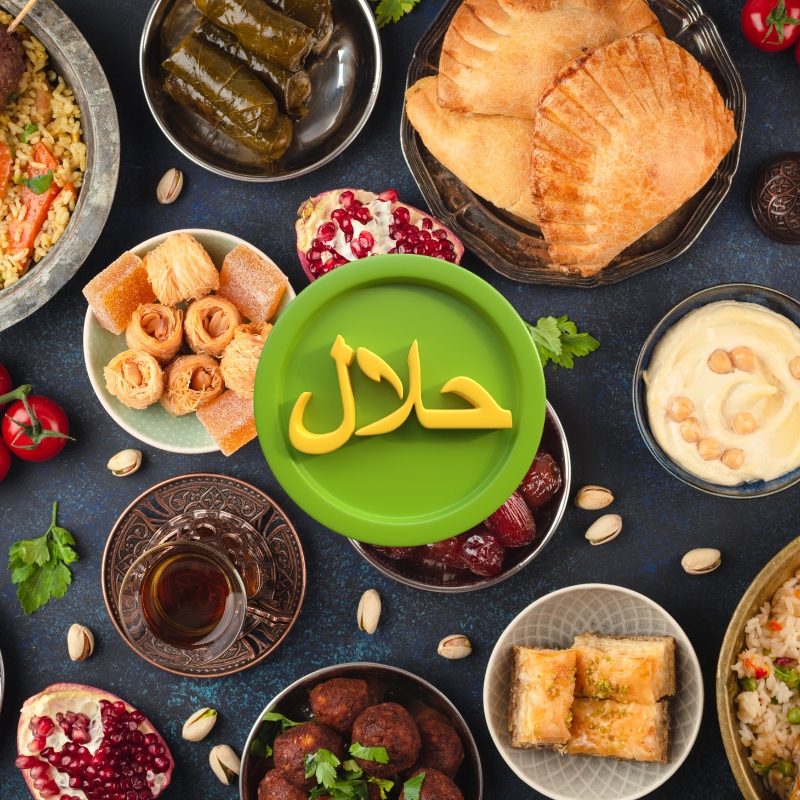Halal, a term that stands for lawful or permissible in Arabic, is a significant part of the daily lives and cultural practices of Muslims around the world. It encompasses food, drink, and other aspects of life, reflecting a holistic approach to cleanliness, integrity, and ethics. This essay explores the concept of Halal in Islam, its impact on Muslim culture, and some exciting facets of Halal practices.

The principles of Halal are deeply rooted in the Quran and Hadith, where specific guidelines are provided about what Muslims are allowed to eat, drink, and engage in. The Quran explicitly mentions the types of food that are prohibited (Haram), such as pork and alcohol. It emphasizes the importance of consuming only what is lawful and reasonable. This guidance is not arbitrary but aims to ensure individuals' and communities' physical and spiritual well-being.
While Halal is often associated with dietary laws, its application extends beyond personal care products, pharmaceuticals, clothing, and financial services. For instance, Halal cosmetics are free from ingredients considered impure according to Islamic law, such as alcohol and certain animal by-products. Similarly, Halal finance and banking avoid interest-based transactions, reflecting an ethical approach to economics that prohibits exploitation.

The global Halal industry has witnessed exponential growth, driven by increasing awareness and demand among Muslim consumers and interest from non-Muslims seeking ethical and quality products. This has led to the proliferation of Halal certifications and standards across countries, ensuring compliance and fostering consumer trust. The industry's expansion into sectors like fashion, tourism, and digital services highlights the versatile nature of Halal and its adaptability to contemporary needs.
Halal practices reflect the rich diversity of the Muslim world, incorporating local customs and traditions. For example, the celebration of Eid al-Adha involves the sacrifice of an animal in a Halal manner, which is shared with family, friends, and those in need. This tradition exemplifies the principles of compassion, community, and sharing. Similarly, Halal food intertwines with local cuisines in different regions, offering a unique blend of flavors and traditions.

The Halal industry faces challenges, including standardization of Halal criteria, regulatory issues, and the need for consumer education. However, these challenges have spurred innovation, with startups and established companies exploring new technologies and business models to address the needs of Halal consumers. The industry is evolving from Halal travel apps to eco-friendly Halal packaging to meet ethical, environmental, and health considerations.
Halal is a comprehensive concept that goes beyond dietary laws to encompass a way of life based on cleanliness, ethics, and compassion. Its impact on Muslim culture is profound, offering a sense of identity and belonging while navigating the complexities of the modern world. As the Halal industry grows and diversifies, it presents opportunities for cross-cultural exchange and understanding, highlighting the universal values of respect, responsibility, and care for the community.